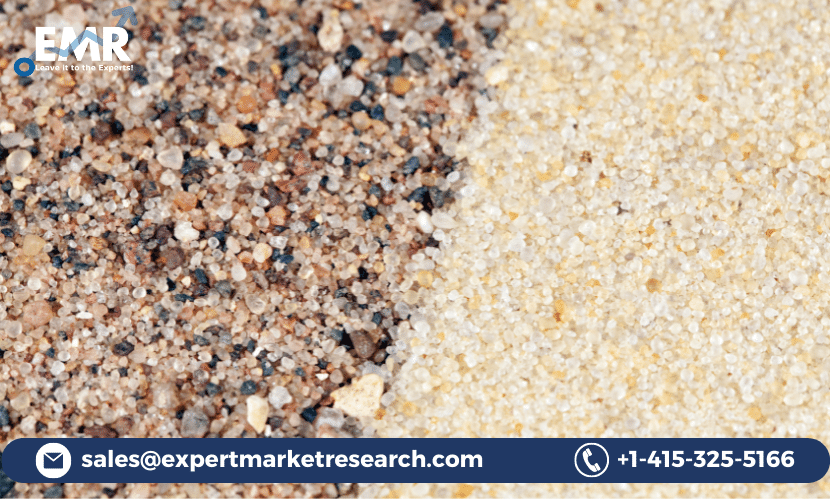Polycystic ovary syndrome (PCOS) is a condition characterized by an enlarged ovary containing multiple cysts, which can cause a wide range of physical and mental health implications. As PCOS is an endocrine disorder, hormone imbalances can influence both physical and mood symptoms. Within PCOS, there is often an increase in male hormones, which can result in mental health issues such as depression, anxiety, and irritability.
Depression is a common issue amongst PCOS sufferers, with research finding that as many as 60% of women with the condition can have a mood disorder. Symptoms such as low mood, hopelessness, and loss of enjoyment for activities may present themselves. Anxiety is similarly common and is likely linked to the presence of scars and physical symptoms associated with the disorder. Additionally, women with PCOS may find themselves feeling overwhelmed with the number of doctor appointments, medication dosage, and lifestyle changes required to manage the condition.
Irritability is also a common symptom, particularly in relation to the hormone imbalances within PCOS. The fluctuating levels of androgens, such as testosterone, may contribute to higher levels of irritability and aggression. Women with PCOS may also experience sleep issues, which can cause further fatigue, irritability, and mental health issues associated with the lack of rest.
Stress is another factor that may influence the mental health of women with PCOS. As this is a largely hormonal condition, it is often something that is out of the sufferer’s control. This feeling of helplessness can lead to negative thoughts and lowered self-confidence, making it difficult to manage the disorder. Consequently, PCOS sufferers may be more prone to mental illness and find it harder to seek treatment due to existing feelings of helplessness and stress.
Although polycystic ovary syndrome can have a negative impact on mental health, there are treatments available to help manage it. One of the most beneficial methods of dealing with mental health issues related to PCOS is lifestyle management. Making simple changes such as maintaining a healthy diet, regular exercising, and getting enough sleep can have significant benefits for both physical and mental health. Additionally, seeking out supportive networks and counselors can help to improve the mental health of PCOS sufferers.
In conclusion, PCOS can have a significant negative impact on mental health. It can lead to symptoms such as depression, anxiety, and irritability. Fortunately, there are treatments available to manage these issues, such as lifestyle modification and seeking out supportive networks.








